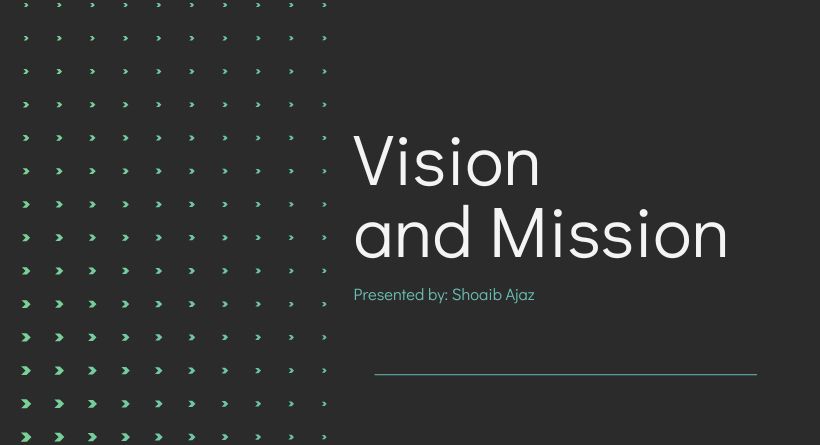Continuous Adaptive Risk and Trust Assessment (CARTA) Framework is an IT security paradigm that extends beyond standard role-based access control.
By incorporating attribute-based access control (ABAC), it allows for continuous, context-aware security evaluation in real time.
Gartner launched CARTA in 2010, expanding on their initial Adaptive Security Architecture.
Traditional security methods use binary block/allow choices to assess risk. For example, RBAC uses credentials such as usernames and passwords to authenticate and authorize users.
The downside of RBAC is that it simply trusts people after they’ve signed in, which increases the danger of zero-day attacks, insider threats, or assaults using compromised credentials.
CARTA Framework does not replace RBAC, but rather enhances it with ways for monitoring, detecting, and alerting beyond log-in.
Machine learning (ML) and artificial intelligence (AI) may detect dangers by analyzing traffic patterns, users, networks, and assets.
When suspicious activity or abnormalities arise, automatic reactions or notifications may help to avoid attacks or breaches.
CARTA provides a more practical security posture for contemporary enterprises that provide digital services to customers.
These organizations must allow numerous people to access their networks without conventional permission.
They demand a new kind of security that strikes a balance between business friendliness and protection that goes beyond RBAC.
Also Read: 5 Surprising Benefits of Using Hydro Excavation for Construction Projects
Key CARTA Takeaways
- CARTA is a better security architecture, particularly for firms that can not apply RBAC to everyone who uses their network.
- Traditional RBAC remains a security-recommended practice, while CARTA provides extra protection.
- One of CARTA’s key features is its ability to monitor and respond to user behavior after login.
- CARTA uses machine learning, artificial intelligence, and automation to identify and react to abnormalities and possible threats.


